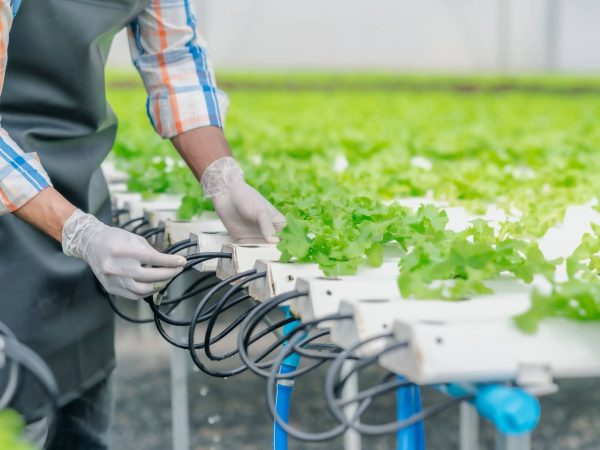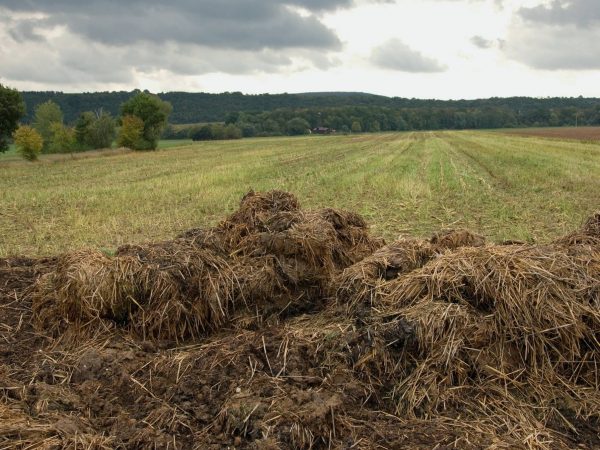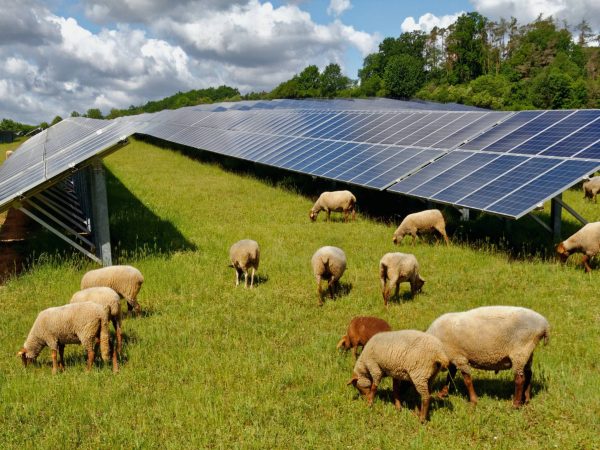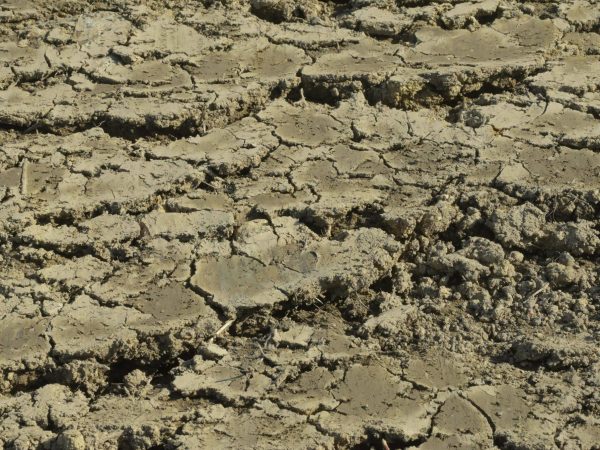Making Sustainable Agriculture Possible
The agriculture industry is experiencing a paradigm shift, with key trends such as water conservation, regenerative agriculture, digital data and AI, circularity, soil degradation, and net zero becoming increasingly significant. These trends drive the industry towards a more sustainable future where agriculture feeds the world and respects and restores the environment. At TDi Sustainability, we are committed to helping our clients navigate and capitalise on these trends, transforming challenges into opportunities for growth and sustainability.
The TDi approach is deeply anchored in supporting practices that promote sustainable agriculture. We focus on integrating our cutting-edge digital data tools and comprehensive consulting strategies to help our clients reach their sustainability goals and keep on top of current trends in the industry.
Latest Sustainability Trends for the Agriculture Industry
With our deep understanding of sustainability practices in agriculture, TDi is able to offer a broad range of services designed to support farmers and agricultural businesses adapt to evolving trends and achieve their environmental and economic objectives, ultimately contributing to a more resilient and sustainable food system.

Circularity and Regenerative Agriculture

Soil Degradation and Conservation

Water Conservation

Net Zero

Water Conservation
Water conservation in agriculture involves implementing efficient irrigation systems and practices that minimise water usage while maintaining high crop yields. This can include methods such as drip irrigation, which delivers water directly to the root zone of plants, reducing evaporation and runoff. Other practices might involve the collection and reuse of rainwater, and the use of drought-resistant crop varieties. By conserving water, farmers can ensure the sustainability of their operations in the face of increasing water scarcity, while also preserving this vital resource for future generations.

Regenerative Agriculture
Regenerative agriculture is a farming practice that focuses on restoring soil health, increasing biodiversity, enhancing ecosystem services, and sequestering carbon. It goes beyond sustainable farming by maintaining and actively improving the environment. This approach involves methods such as cover cropping, crop rotation, and the use of organic fertilisers. These practices increase soil fertility and crop yield and help mitigate climate change by capturing carbon in the soil. Regenerative agriculture thus offers a solution to many environmental and food security challenges.

Circularity
Circularity in agriculture involves promoting practices that reduce waste and recycle nutrients, creating a closed-loop system that is more sustainable and resilient. This can involve practices such as composting organic waste to create nutrient-rich soil amendments, or using crop residues and animal manure to generate bioenergy. By recycling nutrients and energy within the farm, circular agriculture reduces dependency on external inputs, minimises waste, and contributes to the sustainability and resilience of the farming system.

Net Zero
In line with global efforts to combat climate change, agricultural businesses need to transition towards net-zero operations. This involves reducing greenhouse gas emissions through practices such as improved manure management, energy-efficient machinery, and the use of renewable energy sources. At the same time, carbon sequestration practices, such as regenerative farming and agroforestry, can absorb CO2 from the atmosphere, contributing to a net reduction in greenhouse gas emissions. By moving towards net zero, agricultural businesses can play a key role in mitigating climate change while also future-proofing their operations.

Soil Degradation and Conservation
Soil degradation is a major threat to the long-term productivity and sustainability of agricultural lands. Practices to combat soil degradation and promote soil conservation include minimising tillage, maintaining soil cover, and rotating crops. These methods help to prevent soil erosion, maintain soil structure, and preserve biodiversity. Furthermore, by increasing organic matter in the soil through practices such as composting and cover cropping, farmers can improve soil fertility and water retention, enhancing the resilience of their farms to drought and other climate-related stresses.

Digital Data and AI
Digital developments are transforming the agricultural sector through precision farming. Precision farming involves using technologies such as GPS, remote sensing, and data analytics to monitor and manage agricultural operations. This allows farmers to make data-driven decisions that maximise productivity, reduce waste, and minimise environmental impact. For example, by analysing soil data, farmers can apply fertilisers more accurately, reducing wastage and preventing pollution. Similarly, AI can help in predicting crop diseases and pests, enabling early intervention and minimising crop losses.
TDi’s Services Supporting the Agriculture Sector Include:
Audits, Assessments and Due Diligence
Our access to a global network of compliance professionals means we can cover all industries at all tiers of the agricultural value chain. Learn more…
ESG Risk Management
Our ESG Risk Management service provides tools and guidance for tracking, assessing and mitigating identified risks. Learn more…
Responsible Sourcing Research
Your customers, regulators, partners, investors and staff rightly want to know the who, what, why, where and when of the ingredients in the agricultural chain. Meeting those expectations requires global data gathering and incisive analysis. Learn more…
Management Systems
TDi works with companies’ corporate, regional and site management teams to ensure you have all the information needed to build a pragmatic, credible, and efficient management system to govern and operationalise your sustainability strategies. Learn more…
Integrated ESG Strategy Development
With significant experience in business development as well as real-world knowledge of how to put ESG solutions into practice, we’re well placed to create and implement a multi-faceted sustainability strategy for your organisation. Learn more…
Communication Strategies and Technical Writing
All our futures depend on understanding how change is possible. The TDi communications team is here to help you get that message across with real impact. Learn more…
Contact us
Fill in the below form and we’ll contact you directly.
Your organisation is unique, and so are the sustainability solutions we provide at TDi Sustainability.
Get in touch to tell us where you are on your sustainability journey and what support you’re looking for next.
TDi services are bespoke and informed by in-depth relationships with our clients. Start the conversation today to learn how we can help with everything from immediate problem solving to future-proofing strategies that empower your organisation’s long-term sustainability.
